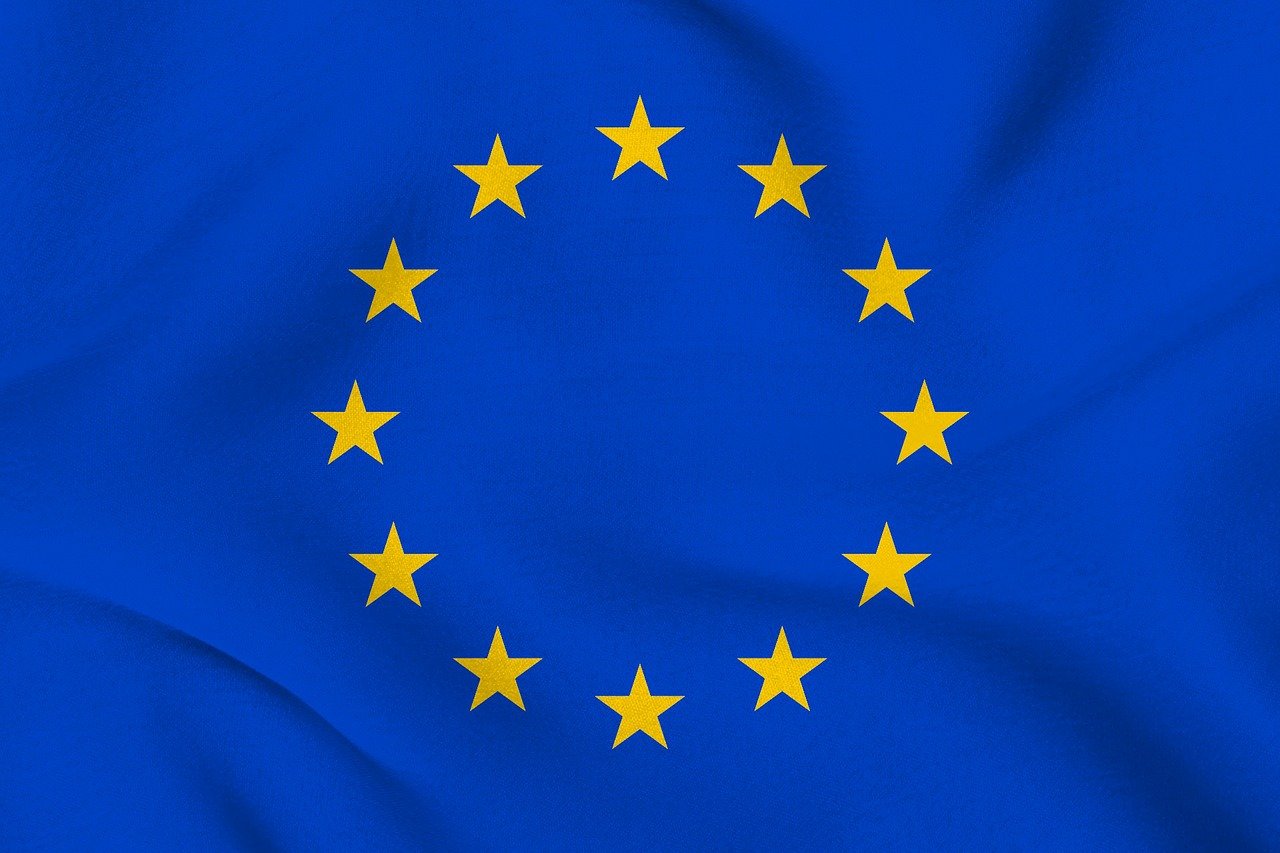Digital Asset Firms Secure MiCA Licenses, Expanding Operations Across the EU
07.01.2025 14:00 1 min. read Alexander Zdravkov
Four digital asset companies have recently obtained Markets in Crypto Assets (MiCA) licenses in the Netherlands, granting them the ability to operate across all 27 EU member states.
The licenses were issued by the Dutch Authority for the Financial Markets (AFM) on December 30, signaling a significant step in implementing the EU’s MiCA regulatory framework.
The companies include MoonPay, a crypto payment platform; BitStaete, a digital asset management firm; ZBD, specializing in Bitcoin Lightning FinTech solutions; and Hidden Road, a prime brokerage and clearing firm. These approvals position them at the forefront of compliance under MiCA, which requires crypto companies to secure a Crypto Asset Service Provider (CASP) license from a single EU country to operate across the entire region.
MoonPay’s CEO, Ivan Soto-Wright, emphasized the importance of this regulatory milestone, calling it a transformative moment for the European digital asset space. He expressed pride in being among the first to adopt MiCA through collaboration with Dutch authorities.
Elsewhere in Europe, Socios.com, a fan engagement platform, received a class 3 Virtual Financial Assets Act (VFAA) license from the Malta Financial Services Authority. This allows the company to function as a regulated Virtual Financial Asset service provider, further expanding its reach in the European market.
-
1
Here is Why the Fed May Cut Rates Earlier Than Expected, According to Goldman Sachs
08.07.2025 15:00 2 min. read -
2
What Brian Armstrong’s New Stats Reveal About Institutional Crypto Growth
29.06.2025 15:00 2 min. read -
3
Vitalik Buterin Warns Digital ID Projects Could End Pseudonymity
29.06.2025 9:00 2 min. read -
4
Donald Trump Signs “One Big Beautiful Bill”: How It Can Reshape the Crypto Market
05.07.2025 9:56 2 min. read -
5
Market Odds of a U.S. Recession in 2025 Drop in Half Since May
05.07.2025 18:30 2 min. read
BitGo Files Confidentially for IPO With SEC
BitGo Holdings, Inc. has taken a key step toward becoming a publicly traded company by confidentially submitting a draft registration statement on Form S-1 to the U.S. Securities and Exchange Commission (SEC).
Crypto Greed Index Stays Elevated for 9 Days — What it Signals Next?
The crypto market continues to flash bullish signals, with the CMC Fear & Greed Index holding at 67 despite a minor pullback from yesterday.
U.S. Public Pension Giant Boosts Palantir and Strategy Holdings in Q2
According to a report by Barron’s, the Ohio Public Employees Retirement System (OPERS) made notable adjustments to its portfolio in Q2 2025, significantly increasing exposure to Palantir and Strategy while cutting back on Lyft.
Key Crypto Events to Watch in the Next Months
As crypto markets gain momentum heading into the second half of 2025, a series of pivotal regulatory and macroeconomic events are poised to shape sentiment, liquidity, and price action across the space.
-
1
Here is Why the Fed May Cut Rates Earlier Than Expected, According to Goldman Sachs
08.07.2025 15:00 2 min. read -
2
What Brian Armstrong’s New Stats Reveal About Institutional Crypto Growth
29.06.2025 15:00 2 min. read -
3
Vitalik Buterin Warns Digital ID Projects Could End Pseudonymity
29.06.2025 9:00 2 min. read -
4
Donald Trump Signs “One Big Beautiful Bill”: How It Can Reshape the Crypto Market
05.07.2025 9:56 2 min. read -
5
Market Odds of a U.S. Recession in 2025 Drop in Half Since May
05.07.2025 18:30 2 min. read


